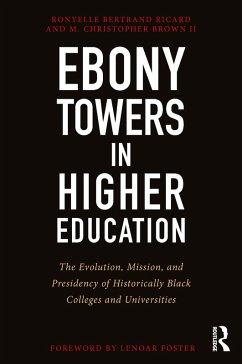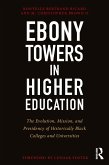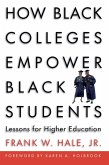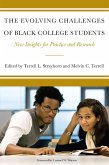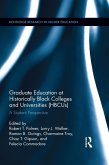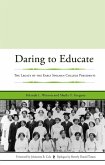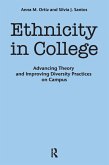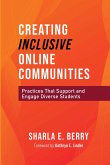What is the purpose of black colleges? Why do black colleges continue to exist? Are black colleges necessary?Historically Black colleges and universities (HBCUs) are at the same time the least studied and the least understood institutions of higher education and the most maligned and the most endangered.This unique study examines the mission of four-year HBCUs from the perspective of the campus president, as a foundation for understanding the relevance and role of these institutions. This is the first research to focus on the role of presidents of black colleges; is based on extensive interviews with fifteen presidents; and takes into particular account the type of campus environments in which they operate.Unlike community colleges, women's colleges, men's colleges, and Hispanic-serving colleges, Black colleges are racially identifiable institutions. They also vary significantly in, among other characteristics: size, control (public or private), religious affiliation, gender composition, and available resources. Although united in the historic mission of educating African Americans, each black college or university has its own identity and set of educational objectives. The book examines how presidents define and implement mission in the context of their campuses, view the challenges they face, and confront the factors that promote or hinder implementation of their missions.
Dieser Download kann aus rechtlichen Gründen nur mit Rechnungsadresse in A, B, BG, CY, CZ, D, DK, EW, E, FIN, F, GR, HR, H, IRL, I, LT, L, LR, M, NL, PL, P, R, S, SLO, SK ausgeliefert werden.

